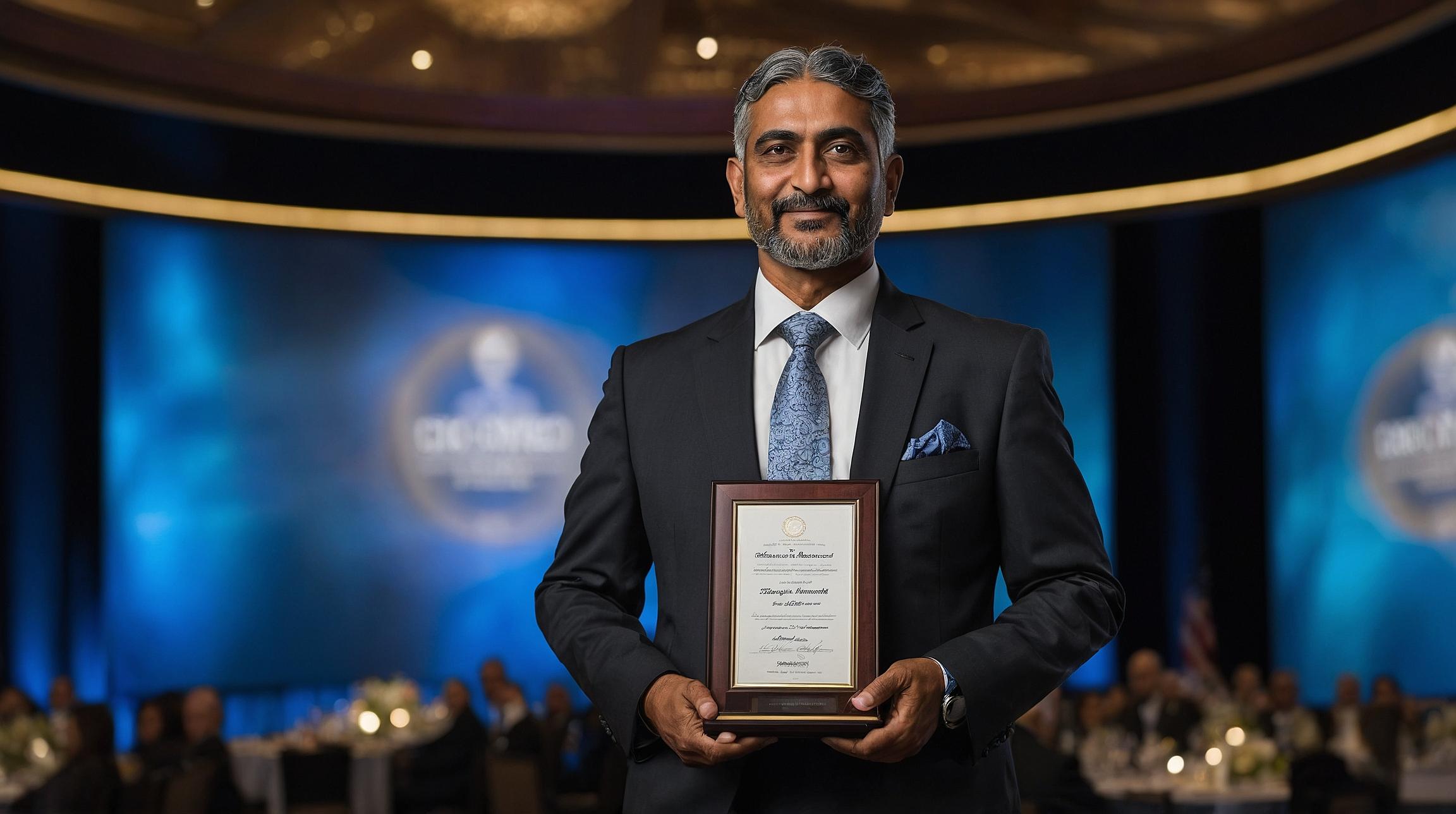Delaware Court Overturns Elon Musk’s $56 Billion Pay Package at Tesla
In a surprising turn of events, Delaware Chancery Court judge Kathaleen McCormick has overturned Tesla CEO Elon Musk’s 2018 pay package, which was worth a staggering $56 billion. Judge McCormick deemed the process “unfair” and the amount “unfathomable.” This ruling is likely to cause displeasure not only for Musk and Tesla’s board, but also for the retail shareholders of the electric vehicle giant.
Amy Steffens, a retail Tesla shareholder who has held stock in the company since 2010, voiced her concern about the violation of shareholder rights. Alongside fellow shareholder Alexandra Merz, Steffens organized a petition, garnering 5,800 investor signatures representing over 23 million Tesla shares. This group of shareholders equates to a holding size similar to that of Fidelity, one of Tesla’s major investors.
To gather such a significant number of signatures, Merz, a former credit officer at Moody’s and the founder of L&F Investor Services, utilized her large social media following of over 100,000 on X. The nature of Tesla’s shareholder base, with approximately 44% being retail investors, played a role in mobilizing such a substantial response. In contrast, the rest of the Magnificent Seven stocks, including Microsoft and Apple, have retail shareholders accounting for about 20% of their ownership.
Both Steffens and Merz acknowledge that Tesla’s board has room for improvement. Merz states that there has been a need for cleanup, as the board lacked independence in 2018 when the pay package was approved. Musk was the board chairperson at the time, but Robyn Denholm took over in November 2018 after Musk’s controversial “Funding Secured” tweet.
However, Steffens emphasizes that they were fully aware of what they were voting on in 2018. She believes it is necessary for the board to revise the compensation plan, which heavily relies on stretch goals and significant equity awards.
Despite the disagreement within the retail shareholder community, Steffens and Merz express their satisfaction with Musk’s leadership. They fear replicating Apple’s mistake of removing Steve Jobs and appreciate Musk’s impact on Tesla’s success.
One retail investor, Leo KoGuan, Tesla’s third-largest individual shareholder, supports the Delaware court’s decision and deems the compensation package outrageous. However, determining the line for “outrageous” is challenging, as many tech CEOs earn vast sums that may seem unfathomable to most people. Musk’s 2018 pay package stood out due to its size and goals. He would have had to expand Tesla’s sales and profit ninefold, alongside a 12-fold increase in market capitalization, to receive the full stock-based compensation.
A comparison can be drawn between Musk’s compensation and that of Microsoft CEO Satya Nadella. Over the course of ten years, Nadella received around $400 million in compensation. In contrast, Musk’s recorded compensation reached $2.3 billion in the same time frame. Nevertheless, it’s crucial to note that the figures are based on summary compensation tables and may not fully represent the actual value of stock options.
The ruling by Judge McCormick can be appealed to the Delaware Supreme Court. The outcome of the appeal will undoubtedly attract attention. While the legal process unfolds, Tesla’s board will likely have to address CEO pay in the upcoming proxy. It remains uncertain what decision the board will make, but it is guaranteed to make headlines.
The news of the overturned pay package comes at a time when Tesla stock is down approximately 22% year to date, underperforming the Nasdaq Composite by 29 percentage points. However, this decline is not solely attributed to the pay package issue; investors are also concerned about slowing demand growth and increased competition in the EV market.
Contact Al Root at allen.root@dowjones.com for more information.
Analyst comment
Negative news. The Delaware Court overturning Elon Musk’s $56 billion pay package at Tesla is likely to cause displeasure among Musk, Tesla’s board, and retail shareholders. The ruling may lead to the revision of the compensation plan, causing uncertainty in the market. Tesla’s declining stock and concerns about slowing demand growth and competition in the EV market add further pressure. The outcome of the appeal and the board’s decision will be closely monitored.













